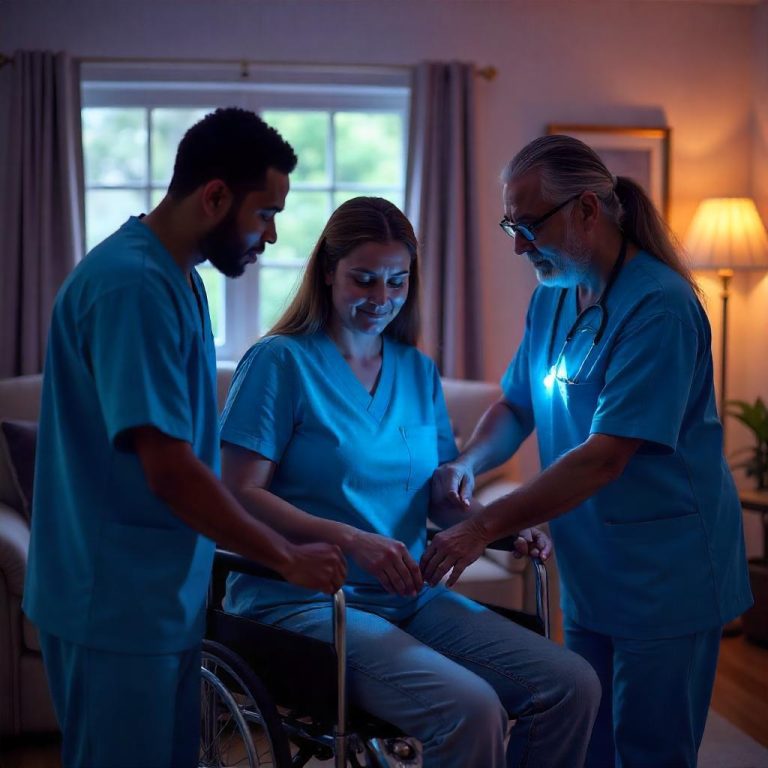Alzheimer’s cognitive stimulation involves structured and meaningful activities designed to enhance cognitive functioning and improve the quality of life for individuals living with Alzheimer’s disease. These interventions focus on maintaining mental abilities, encouraging social interaction, and fostering emotional well-being.
What is Cognitive Stimulation for Alzheimer’s?
Cognitive stimulation therapy (CST) for Alzheimer’s is a non-pharmacological approach that engages individuals in mentally stimulating activities. It is rooted in evidence-based practices and tailored to suit the patient’s cognitive abilities and interests, aiming to preserve memory, reasoning, and problem-solving skills for as long as possible.
Core Components of Alzheimer’s Cognitive Stimulation
1. Memory-Enhancing Activities
Activities designed to improve recall and memory retention include:
- Reminiscence therapy: Using photographs, music, or familiar objects to evoke past memories.
- Memory games: Incorporating word association or simple card-matching exercises.
- Journaling: Encouraging patients to document their thoughts or daily events.
2. Language and Communication Skills
Stimulating language abilities can help maintain verbal communication. Activities include:
- Reading aloud: Books, newspapers, or poems to promote discussion.
- Word puzzles: Crosswords or word searches designed for cognitive stimulation.
- Storytelling: Encouraging patients to create or share stories.
3. Problem-Solving and Logical Thinking
Tasks that engage logical thinking and problem-solving help maintain critical reasoning skills. Examples include:
- Sorting activities: Categorizing items by color, size, or type.
- Simple arithmetic exercises: Counting coins or solving basic math problems.
- Puzzle completion: Jigsaw puzzles tailored to individual skill levels.
4. Sensory Stimulation
Engaging the senses can evoke positive emotions and trigger memories. Activities include:
- Art therapy: Painting, drawing, or crafting to stimulate creativity.
- Aromatherapy: Using familiar scents, such as lavender or cinnamon, to evoke memories.
- Music therapy: Playing songs from the patient’s youth or familiar tunes.
5. Physical Activities for Cognitive Benefit
Physical activity can enhance brain function and overall well-being. Examples include:
- Chair yoga: Gentle stretches to promote relaxation and focus.
- Dancing: Incorporating music and movement for physical and mental stimulation.
- Walking: Encouraging outdoor activity to improve mood and reduce stress.
6. Social Interaction
Fostering connections with others can reduce feelings of isolation and improve mental health. Social activities include:
- Group discussions: Sharing thoughts on familiar topics in a supportive setting.
- Board games: Playing games that encourage interaction and strategic thinking.
- Club activities: Participating in hobby or interest-based groups.
7. Technology-Based Cognitive Tools
Modern technology offers innovative solutions for cognitive stimulation. Options include:
- Brain-training apps: Games and exercises specifically designed for Alzheimer’s patients.
- Virtual reality (VR): Simulated environments that evoke memories or provide new experiences.
- Video calls: Enabling interaction with loved ones and social groups.
Benefits of Alzheimer’s Cognitive Stimulation
- Improved Cognitive Function: Helps preserve memory, attention, and problem-solving skills.
- Enhanced Mood: Reduces anxiety, depression, and agitation associated with Alzheimer’s.
- Social Connection: Encourages interaction and reduces feelings of loneliness.
- Increased Confidence: Empowers individuals to engage actively in their care and daily life.
- Holistic Well-Being: Promotes emotional, physical, and psychological health through tailored activities.
Cognitive stimulation provides a meaningful and supportive framework for managing Alzheimer’s symptoms, fostering engagement, and improving the overall quality of life for individuals and their families.






